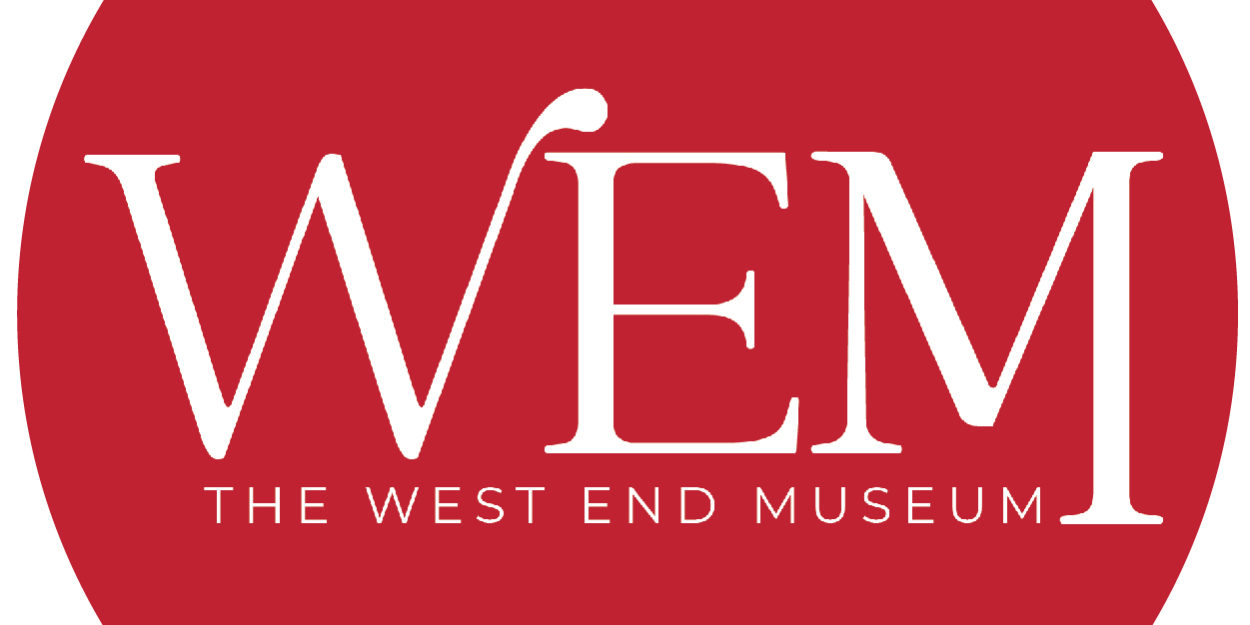Book Talk: ``When Last the Glorious Light: Lay of the Massachuset``
Tuesday, April 23 at 6:30 p.m.
Ed Quill, an author and former journalist at The Boston Globe, will read from and discuss his new book, “When Last the Glorious Light: Lay of the Massachuset.” Relating the story of the Native American tribe for which the Commonwealth is named, the book is the first full-length volumeon the subject. A Q&A session and book signingwill follow Quill’s talk.
The event is free and open to the public.
“Ed was an excellent reporter and a colleague at the Globe, and when I heard he was researching some of the early inhabitants of the Commonwealth, I thought it would be great to have him fill in some of that history for our members and visitors,” said Tom Palmer, a West End Museum board member. “West Enders know something about being displaced, as did the Massachuseuck. We’re all interested in knowing our roots and preserving the memory.”
As Quill states in the introduction, his book “… lays no claim to be an academic historian’s definitive work on the tribe that called itself the Massachuseuck. It is, however, a storyteller’s telling of the highlights he has spotted that partly tell this people’s tale, that sings their song, as it were, their lament, and gives call to their joyous chant now that their tale has been unwholly told, giving drumbeat to their lamentable lay at long last—Lay of the Massachuset.”
The Massachuset were and continue to be the people of the Blue Hills, so named by Captain John Smith in his explorations in the early 1600s. Before the Pilgrims landed at Plymouth in 1620, the Massachuset and its allies, the Wampanoag, suffered tragically from diseases brought in the holds of explorers’ ships. Both tribes readily signed peace treaties with the newcomers. Some incidents, skirmishes, and troubles occurred, but nothing significant until 1675.
From 1675-1678, abloody armed conflict known as King Philip’s War raged
between the English colonists and the New England Native Americans. The war is named for Metacomet, a Wampanoag chief who took the name Philip in honor of the friendly relations between his father, Massasoit, and the Mayflower Pilgrims. The conflict nearly wiped out the Massachuset.
Quill’s book centers on the activities of several Massachuset chiefs, or sachems. Chickataubut, known as the grandest sachem of the blood, the wisest of men; the wily Obbatinewat, his sub-sachem at Shawmut (later named Boston); Chickataubut’s volatile brother, Cutshamekin, and son, Wampatuck. Wampatuck accepted and then rejected Christianity, sold away much of his people’s land to the settlers, and led portions of several tribes (700 warriors in all) into upper New York state in a deadly battle against the Mohawk.
Educated at Boston University and Harvard, Quill worked for many years at The Boston Globe. He served as chief librarian, editor of the “Ask the Globe” column, feature writer, and Boston City Hall reporter. After retiring, he was appointed Boston’s first City Archivist. Quill and his staff collected and secured under one roof much of Boston’s vital, historic records. In the process of saving critical documents from ruin, he organized and created a research center for future generations. He is also the author of “Pembroke 2000: A Century of Change.”
Media Contact:
Matt Ellis
matt@ellisstrategies.com
617.278.6560
Museum Contact:
Duane Lucia
westendmuseum@gmail.com
617.416.0718
About the West End Museum:
The West End Museum is dedicated to the collection, preservation and interpretation of the history and culture of the West End neighborhood. The Museum’s permanent exhibit, “The Last Tenement,” highlights the immigrant history of the neighborhood through its decimation under Urban Renewal in 1959; two additional galleries feature rotating exhibits. The Museum is located near North Station at 150 Staniford St. Suite 7. Hours: Tuesday – Friday 12:00pm – 5:00pm; Saturday 11:00am – 4:00pm. Admission is free.

